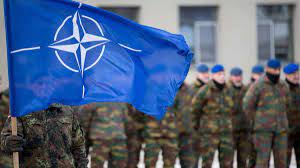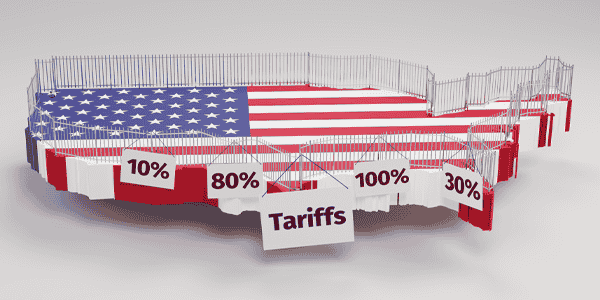⏱️ Read Time: 5 minutes
In an age of political uncertainty, rising authoritarianism, and shifting global alliances, the European Union (EU) and the North Atlantic Treaty Organization (NATO) remain cornerstones of stability and cooperation across the continent. While critics often focus on bureaucracy or national sovereignty, the real-world advantages of membership in these institutions are more relevant — and visible — than ever.
Peace and Political Stability
At their core, both the EU and NATO were created to prevent conflict in Europe, a region that was once the epicenter of two world wars. Through collective agreements, legal standards, and military alliances, member states have enjoyed the longest period of sustained peace in modern European history. NATO's principle of collective defense (Article 5) means an attack on one is considered an attack on all — a powerful deterrent in today's uncertain geopolitical climate, especially with ongoing instability near Eastern Europe and the Arctic.
Economic Integration and Mobility
The EU's single market provides unrestricted movement of goods, capital, services, and people, creating massive economic efficiencies. For citizens, this means studying, working, or retiring in any member state with fewer barriers. For businesses, it provides access to over 400 million consumers with consistent regulations. EU membership also brings funding opportunities — especially for developing regions, infrastructure projects, education, and green transitions. Countries like Romania and Poland have seen billions in investment since joining.
A Unified Voice on Global Issues
In an increasingly multipolar world, where global powers like the U.S., China, and Russia dominate international affairs, smaller European nations gain influence by speaking as one bloc. Whether negotiating trade deals, climate commitments, or digital regulations, the EU amplifies each member's global voice. The Digital Services Act and Green Deal are just two examples of how the EU shapes international norms on sustainability, privacy, and corporate responsibility.
Security and Defense Cooperation
While NATO is primarily a military alliance, its benefits go beyond combat readiness. Member countries share intelligence, participate in joint exercises, and contribute to a network of military infrastructure that protects all participants. With new challenges like cyberattacks, hybrid warfare, and disinformation, NATO's scope has evolved to defend against non-traditional threats as well. Its cooperation with the EU ensures that security is tackled from both a defense and a civil resilience angle.
Shared Values and Legal Protections
EU membership also provides legal safeguards for democracy, human rights, and the rule of law. The European Court of Justice and the Charter of Fundamental Rights ensure that member governments are held accountable when it comes to civil liberties, press freedom, and fair governance. For citizens, this means greater protections — from consumer rights to data privacy to environmental standards — enforced at a supranational level.
Conclusion
The EU and NATO aren't just political alliances — they're frameworks that promote peace, prosperity, and shared progress across borders. In 2025, as the world faces unpredictable shifts, these institutions offer stability, solidarity, and strategic strength to their members. In a world that often feels divided, unity still works — and it still matters.



